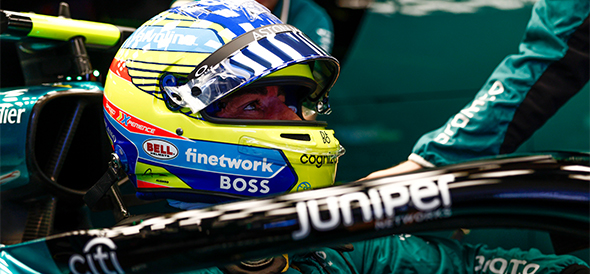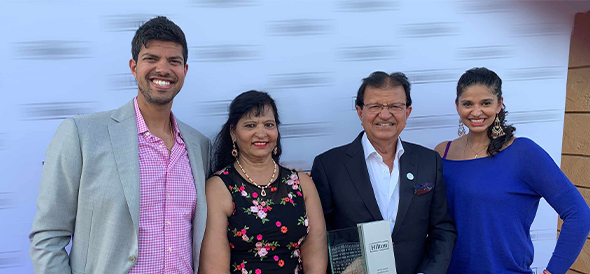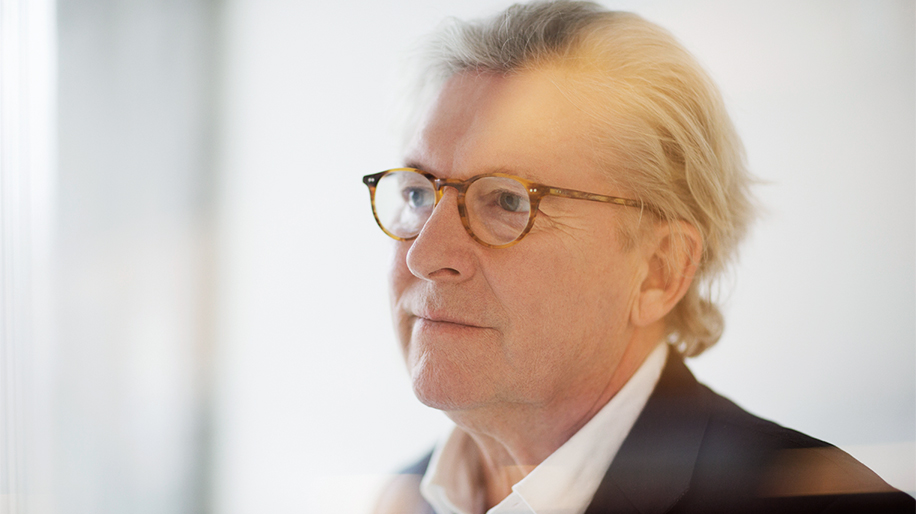Private banking for the next generation
Citi Latitude is designed to create introductions, inspire and motivate the next generation of leaders to help them make a positive impact in their communities, business and personal lives.
The program sits at the heart of one of the world’s most extensive global banking networks with a presence in more than 100 markets, and influence in nearly 160 geographic jurisdictions.
Citi Latitude provides a gateway to Citi's private banking services and enables emerging leaders to form enduring friendships and business relationships with their peers and leading professionals.
Join Citi Latitude
For the next generation of leaders
Join Citi Latitude and become a client to access our next generation network, private banking services, absorbing experiences and inspirational dialogues.
Services for you, your family and your business*
We offer a range of products and services for those beginning their wealth journey.
Exclusive content
Citi Latitude members get access to specially curated education content, from foundational knowledge to legacy planning to global investment themes.
- Wealth planning
- An introduction to personal finance
- Determining whether to join the family business
Join Citi Latitude
Join our next generation community of like-minded leaders and access our exclusive events and private banking services.
Our community
We serve a distinguished community. It is our privilege to share their inspiring stories and accomplishments.
What makes us one of the best global private banks
Citi Private Bank is like no other. We take a distinctive family approach to serving our unique clients and their loved ones.



















